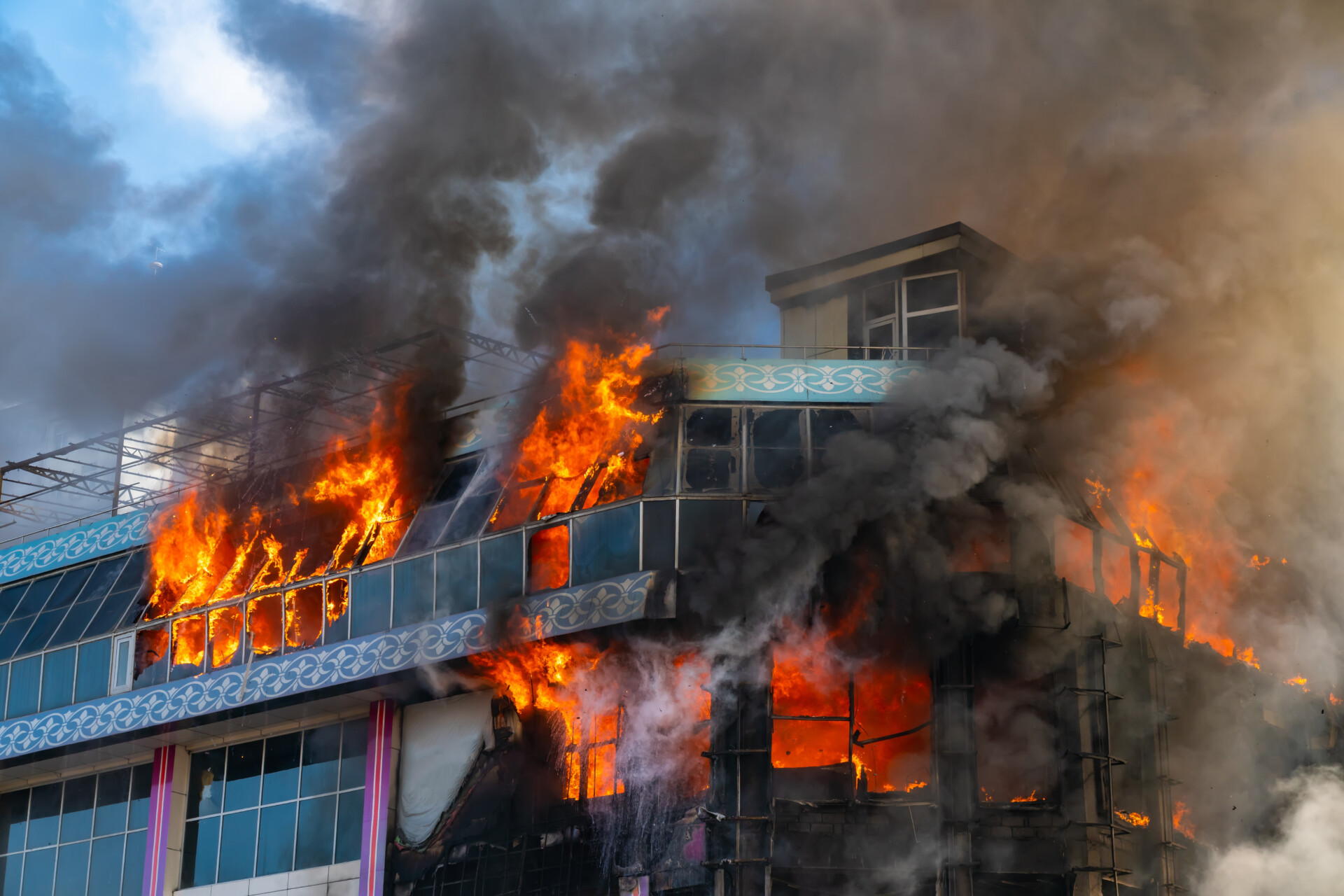
What should businesses do when a natural disaster strikes?
story by Allison Sylte
published July 31, 2023

From price gouging on toilet paper at the height of the COVID-19 pandemic to Uber surge pricing during Hurricane Sandy, there are plenty of examples of companies doing the wrong things when disaster strikes.
Even with the best intentions, it’s hard for a business not to seem opportunistic when it comes to communicating with victims – but it is possible, according to Jonathan Zhang, an associate professor of marketing in the Colorado State University College of Business.
“As natural disasters become more prevalent due to climate change, marketing to the victims of trauma has evolved to be more compassionate and solution-oriented,” Zhang said. “Companies have had to shift their marketing thinking and communication to align with the physical and emotional needs of those individuals.”
Zhang said after natural disasters, it’s key for any organization to prioritize their customers’ long-term recovery over any promotional opportunities.
He shared four key ways that the idea of Business for a Better World can be used after natural disasters.
Shift toward empathy and support
After a tragedy, Zhang said marketing teams should be focused on acknowledging trauma and offering aid rather than pushing products or services. He said one example of doing this right happened after the 2018 Camp Fire in California, when Airbnb activated their Open Homes program, allowing hosts to provide their homes for free to relief workers and displaced families.
“Their marketing was focused on rallying their community to help rather than on profit,” Zhang said.
Collaborate with different organizations to provide aid
It might be a cliche, but it’s still true: We achieve more when we work together.
That’s why collaborations between different organizations have become more common, and they’re often announced through joint marketing campaigns that highlight the efforts being taken to help victims recover.
Zhang highlighted one such collaboration between the Red Cross and Anheuser-Busch, which periodically pauses beer production to can drinking water in disaster zones with aid workers helping to distribute the cans to people who need fresh water.
Don’t forget about the power of social media
A bad social media post after a tragedy can be a public relations disaster, but Zhang said companies shouldn’t forgo this important tool – especially if there’s a way to use it wisely.
“A high-profile example of the proper way to use social media after a tragedy is Facebook’s Crisis Response tool, which activates during large-scale disasters and allows users to mark themselves safe, donate to relief efforts and access real-time information about the disaster,” Zhang said.
Being a good partner requires long-term commitment
Recovering from a disaster often lasts far longer than a trending hashtag, which is why being a good community partner requires long-term support.
“For example, after Hurricane Harvey in 2017, JPMorgan Chase committed millions to aid in recovery,” Zhang said. “Their communication highlighted this sustained support rather than making a simple one-time communication and moving on.”
What ethical considerations should businesses keep in mind after tragedy?
When in doubt, Zhang said businesses should keep four things in mind:
-
- Sensitivity: Given the trauma associated with losing homes or even loved ones, marketing messages should avoid language that might appear to capitalize on someone’s misfortune.
- Relevance: Marketing campaigns should promote products or services that are relevant to the immediate needs of victims, such as temporary housing, recovery services or rebuilding efforts.
- Pricing: It’s never ethical to inflate prices in response to increased demand following a disaster. Pricing should be fair and not take advantage of victims’ desperate circumstances.
- Honesty: Promises in marketing communications must be fulfilled – doing anything otherwise can further traumatize victims.
Summers of Smoke
For decades, Colorado State University has been at the forefront of fire science, earning its reputation as one of the leading institutions studying wildfires. Explore other stories on wildfire research at CSU.